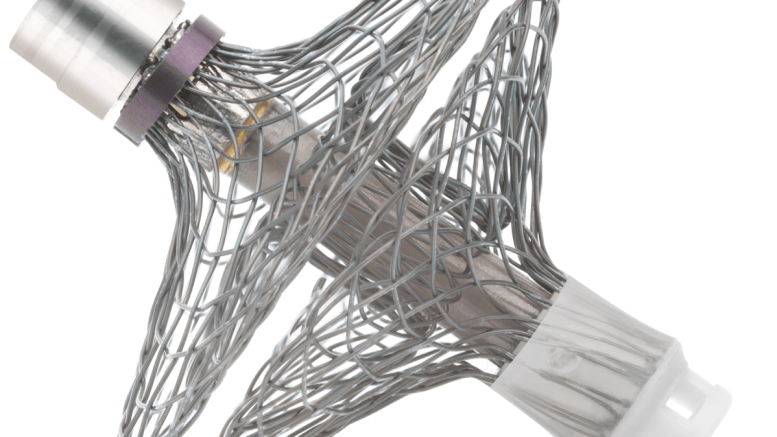The world’s first wireless, in-heart, microcomputer has begun its first clinical trial in the UK at Queen Elizabeth Hospital in Birmingham. Doctors hope that the ground-breaking technology will dramatically improve the quality of life for people living with heart failure, helping them better manage the condition and prevent the need for admissions to hospital.
The device, called V-LAP, is the first of its kind and is implanted in the heart’s left atrium, which will give the earliest, most accurate data of the heart’s performance. The sensor does not have a battery, which means it could last for all of the patient’s life. It is charged remotely from outside the patient’s body, feeding back data to doctors as it does so.
The company behind the V-LAP wireless in-heart microcomputer, Vectorious, hope that by providing regular data, rather than relying on the current assumptions based on physical findings, doctors will be able to help patients actively manage their conditions and reduce the need for them to be admitted to hospital. This will not only improve the quality of life for the patient, but as heart failure is the most common reason for people over 65 to be admitted to hospital, accounting for 63,000 emergency admissions a year, the device can help make multi-million-pound savings for the NHS*.
The implantation, the first of many more planned in the UK, appears at the same time as an analysis by the British Heart Foundation, which shows that the number of people dying from heart and circulatory diseases before the age of 75 is rising for the first time in 50 years.
Professor Francisco Leyva, Consultant Cardiologist at Queen Elizabeth Hospital said: “This new device has the potential to combat three of the biggest problems relating to heart failure disease; low patient quality of life, repeat admissions to hospital and the astronomical cost to the healthcare system of readmissions.
“Today, physicians base the treatment of heart failure on external signs and symptoms such as shortness of breath and gaining weight – which appear at a late stage, so the patient doesn’t get the medication they need to stable their condition early enough. 44% of patients are re-hospitalized within a year from the first acute event, so this device shows real promise in reducing those readmissions, and the costs associated.”
The minimally-invasive procedure to implant the device is a low risk one and is completed in less than an hour. In normal use, patients are able to return home the same day after the operation.
The data provided by the device is analysed by artificial intelligence and machine learning will be used to provide doctors with information to help them intervene early, to detect important events and help patients remain well balanced medically and safe.
Heart failure results from weakened blood flow, due to the heart’s “pump failure”, causing both pressure to build up in the lungs (“congestion”) as well as insufficient supply of oxygen to tissues, ending in respiratory symptoms as well as fatigue. When this condition is severe it may even result in pulmonary edema, which is a situation whereby the lungs are filled with fluids, but by detecting pressure in the heart earlier, doctors can use easier and less invasive interventions to help sufferers and prevent deterioration.
Oren Goldshtien, Vectorious’ CEO said: “We believe the V-LAP in-heart microcomputer is a game changer in helping the one million people living with heart failure in the UK take control and manage their disease. Heart failure patients deserve the best treatment and quality of life possible”
“V-LAP provides the earliest and most accurate data from patient’s heart, enabling doctors to adjust the patient’s medication early enough and as a result to avoid their condition worsening and unnecessary hospital admissions.
“By having individual, long-term data for each patient, doctors will be able to react to each individual, rather than resorting to the guess work and estimations that are currently the case. We have already successfully implanted the V-LAP in patients in Germany and Italy and thanks to an accurate pressure reading from their hearts, they are getting a treatment customized to their specific condition. We are very excited about running our study now in the UK, and would encourage existing patients to contact Hammersmith and Queen Elizabeth hospitals to see if they could be enrolled in our ongoing study.”





